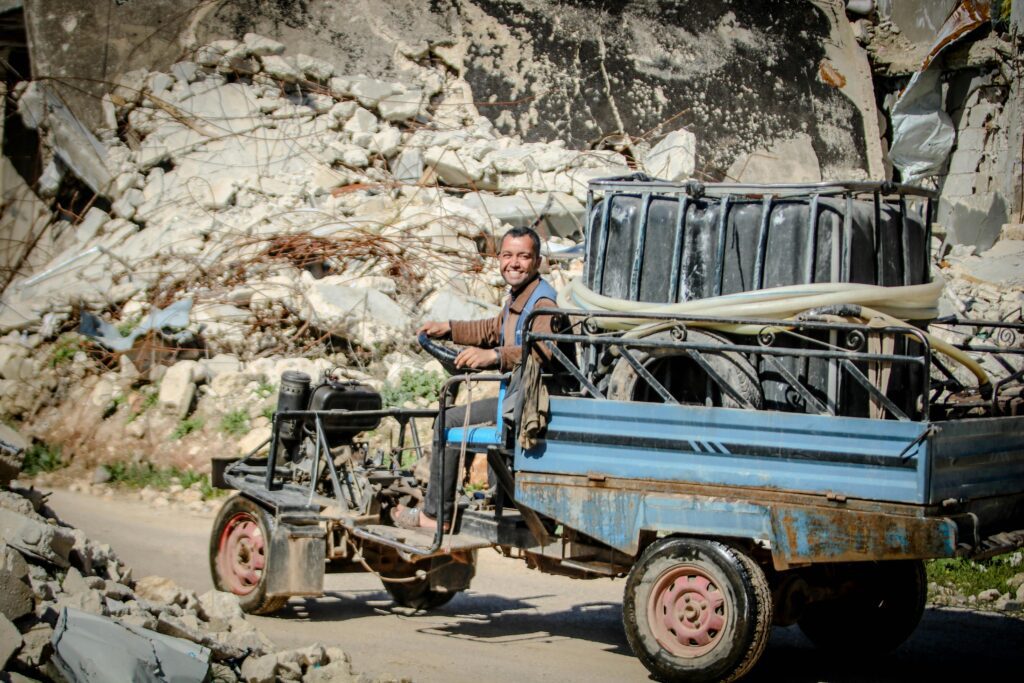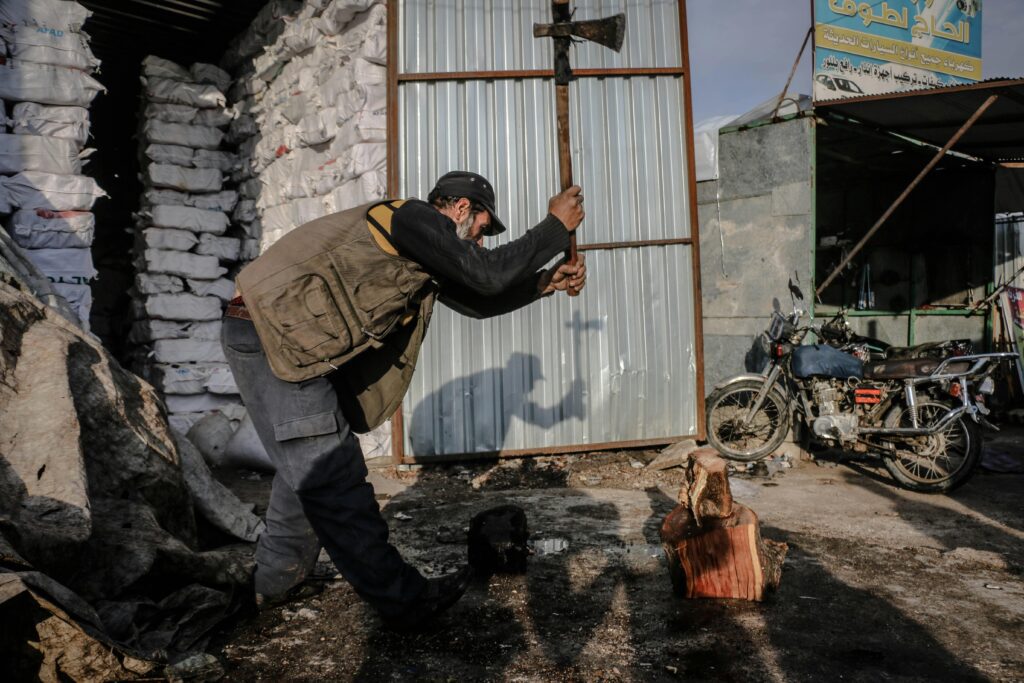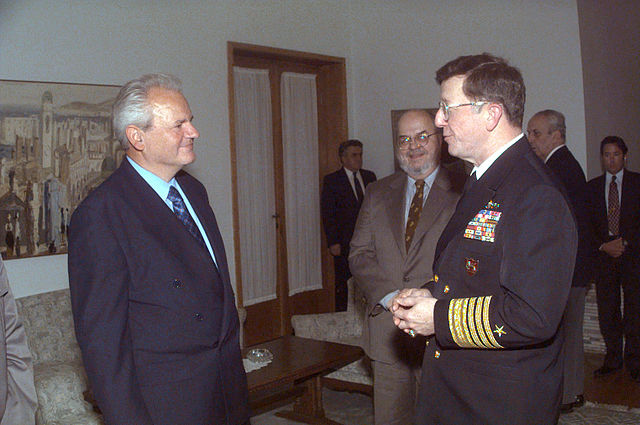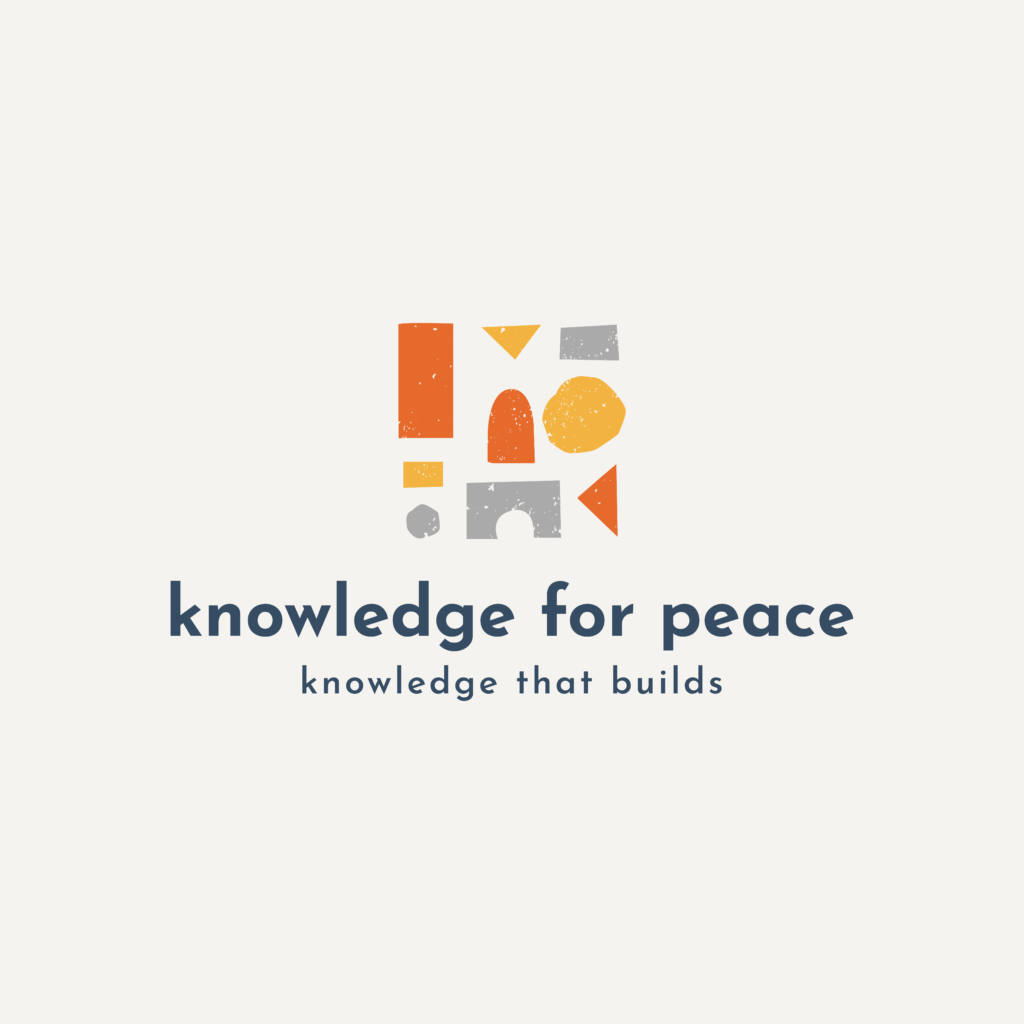The Role of Civil Society in Post-War Environments
Civil society plays an indispensable role in post-war settings, especially in rebuilding the social and political fabric of societies affected by conflict. As one of the four pillars embraced by Knowledge4Peace, civil society provides a framework for engaging local actors in the peacebuilding process. This pillar focuses on how grassroots organizations, non-governmental organizations (NGOs), and local leaders can be catalysts for sustainable peace and democracy. Drawing from credible sources and academic research, Knowledge4Peace explores how civil society helps foster social cohesion, address local needs, and promote human rights in conflict-ridden regions.
A key aspect of civil society’s role in post-war environments is its ability to foster social capital, which is essential for rebuilding trust and cooperation among communities previously divided by conflict. The existence of cross-cutting civil society groups that bridge ethnic, religious, and political divides is a critical factor in sustaining peace and supporting democratic transitions. These organizations provide a neutral space where dialogue, negotiation, and compromise can replace the adversarial and zero-sum approaches that often characterize post-conflict societies.
One of the main challenges faced by civil society in post-war settings is navigating the polarized landscape that arises from the legacy of conflict. In many cases, civil society organizations are as divided as the broader society they represent, with some groups promoting inclusivity and dialogue while others reinforce ethnic or sectarian divisions. Despite these challenges, research shows that inclusive civil society organizations that cut across ethnic and national lines can mitigate tensions and prevent the resurgence of violence.
International assistance is often vital in supporting civil society in post-war settings, but it also presents dilemmas. While external aid can help sustain civil society groups, it may also distort local priorities. International donors often fund groups that align with their own agendas, which can lead to an over-reliance on external support and weaken the grassroots nature of these organizations. Knowledge4Peace advocates for an approach that mobilizes domestic resources and empowers local actors to take ownership of the peace process, rather than perpetuating dependency on international donors.
Successful examples of civil society’s role in post-war settings can be found in initiatives such as “Women for Women International” and “Search for Common Ground.” These organizations have demonstrated how civil society can be a driving force in empowering marginalized groups, fostering dialogue, and addressing local grievances. By providing vocational training, financial support, and opportunities for dialogue, such organizations help lay the foundation for lasting peace and reconciliation.
At Knowledge4Peace, the focus on civil society as a pillar for post-war recovery is grounded in the belief that local communities must be at the forefront of peacebuilding efforts. By engaging with grassroots organizations, promoting inclusive dialogue, and supporting local leaders, civil society can contribute to rebuilding trust and fostering long-term stability in post-war societies. Meaningful change often begins at the grassroots level, where civil society has the greatest potential to influence peacebuilding and democratization efforts. Knowledge4Peace invites individuals and organizations to explore how they can contribute to this process, emphasizing the critical role that civil society plays in creating resilient and peaceful communities.
This pillar of Knowledge4Peace encourages a deep understanding of the challenges and opportunities that civil society presents in the aftermath of war. It underscores the importance of mobilizing both local and international resources to build a more peaceful world where civil society acts as a cornerstone for democratic governance and social cohesion.

أهمية تمكين المجتمع المدني ودور المبادرات المحلية في التحول الديمقراطي

The Role of Civil Society in the Transition from Violence to Democracy

دور المجتمع المدني في صربيا: من دعم القومية إلى تعزيز الديمقراطية


